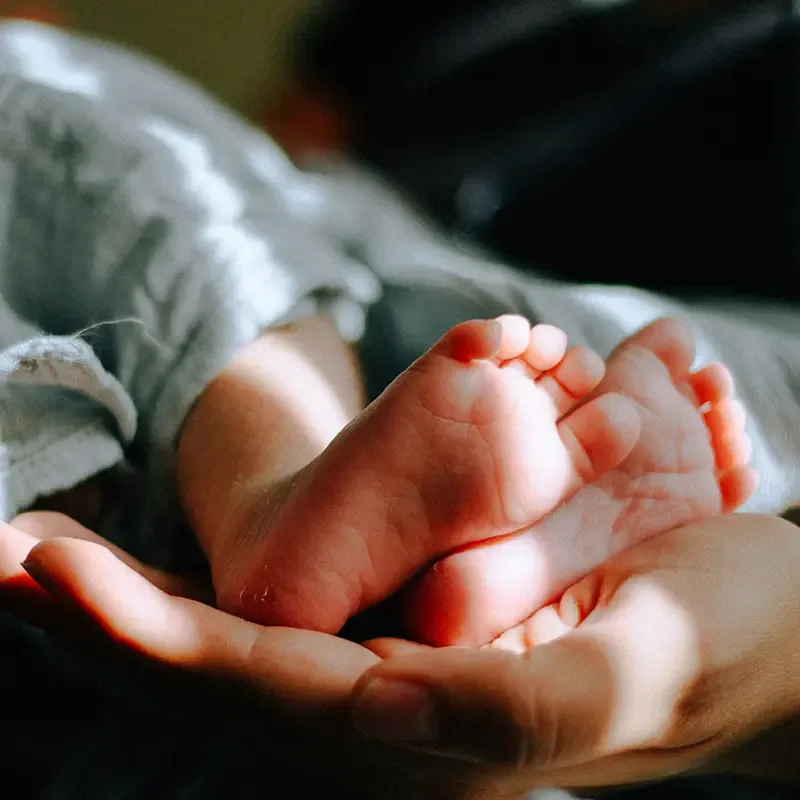Can the state deny the right to adopt based on religion?
Originally reported in Law & Ministry Update (Vol 4 - November 2025) - case reviewed by the Legal Assist team.
5 min read

Federal Case
Regional Implications
Bates v. Pakseresht
When a Christian mother’s faith inspired her to open her home to a child in need, she never expected that the same faith might disqualify her from doing so. In Bates v. Pakseresht, the Ninth Circuit Court of Appeals examined whether Oregon’s adoption rules—which require parents to affirm the sexual orientation and gender identity that the child chooses—can lawfully exclude applicants whose religious beliefs differ from the state’s position.
What You Need to Know
Jessica Bates, a Christian widow and mother of five, applied to adopt a child through Oregon’s Department of Human Services (ODHS). During the process, officials told her that state policy requires adoptive parents to “respect, accept, and support” the sexual orientation and gender identity that the child selects.
Because Bates’ religious convictions prevented her from using pronouns that conflict with a child’s biological sex, or supporting medical procedures related to gender transition, the state denied her application—before she was ever matched with a child.
Bates sued, arguing the policy violated her First Amendment rights to free speech and religious exercise. The Ninth Circuit agreed that her claims were likely to succeed, ruling that Oregon’s rule was not “narrowly tailored” to its stated goal of protecting children and instead imposed an unconstitutional ideological test. The decision allows Bates’ adoption application and lawsuit to move forward in the district court.
What Your Ministry Can Do
Review Policies: Ensure your ministry’s foundational documents and employee/volunteer handbooks clearly articulate your religious mission and beliefs regarding human sexuality and gender identity.
Document Interactions: Maintain detailed records of any interactions with state agencies regarding adoption, foster care, or other licensing, especially where religious accommodations are requested or denied.
Seek Counsel: Monitor ongoing legal developments and consult counsel before signing contracts or certifications that might compromise the ministry’s convictions.
Why This Matters
The Bates ruling reaffirms an expanding legal principle: The government is not permitted to compel private citizens to endorse beliefs that conflict with their conscience as a condition of participating in a government-sponsored program.
This Ninth Circuit decision also parallels Chiles v. Salazar—a case involving Colorado’s ban on “conversion therapy” in a counseling context that was covered in Volume 1 of Law & Ministry Update and is now before the U.S. Supreme Court. Both cases raise the same fundamental question: Can the state compel ideological conformity at the expense of First Amendment freedoms? The Bates decision offers a timely reminder that faith-based service in public life should remain free from unreasonable government intrusions.
Court: United States Court of Appeals for the Ninth Circuit (Covers AK, AZ, CA, HI, ID, MT, NV, OR, WA)
Status: The Ninth Circuit’s decision allows Jessica Bates’ lawsuit to move forward. The case now returns to the federal district court for additional proceedings.
Date: July 24, 2025 (decision issued)
Posted November 2025.
While the information provided in this resource is intended to be helpful, it does not constitute legal advice and should not be used as a substitute for advice from a licensed attorney in your area. Please note that no attorney/client relationship is established through this process, and no legal advice will be provided. We strongly recommend regular consultations with a licensed local attorney as part of your risk management program.